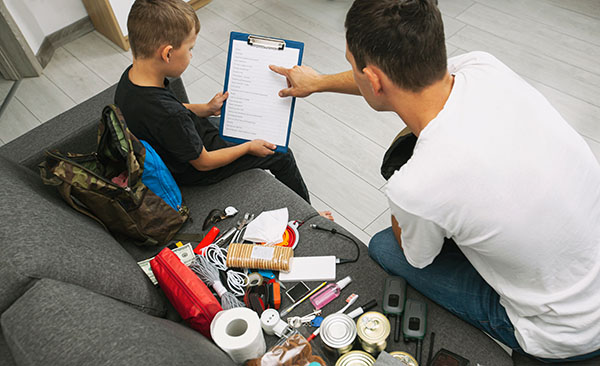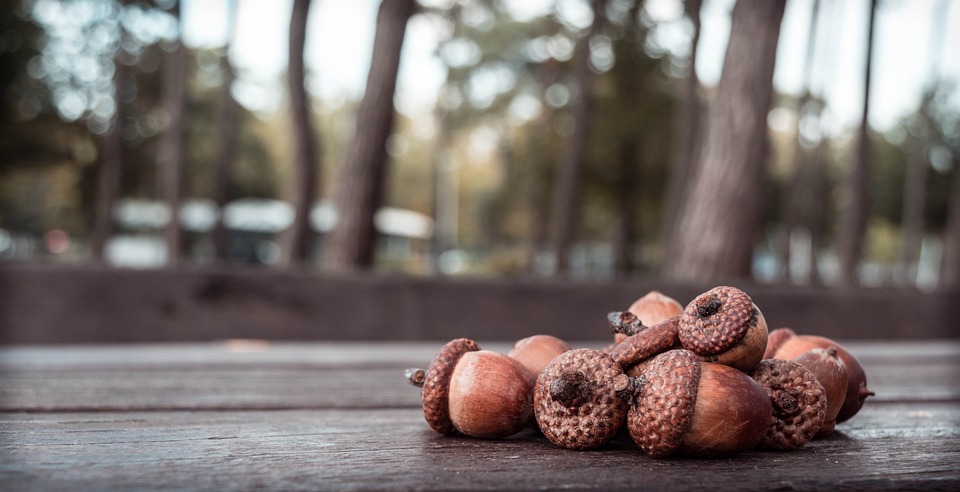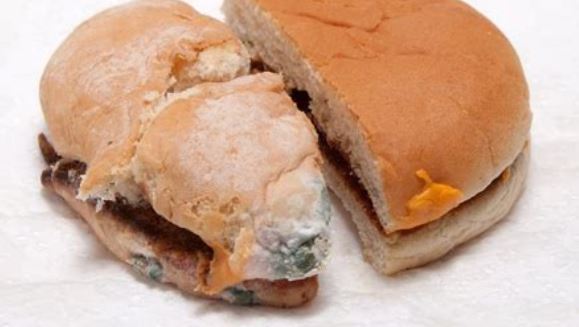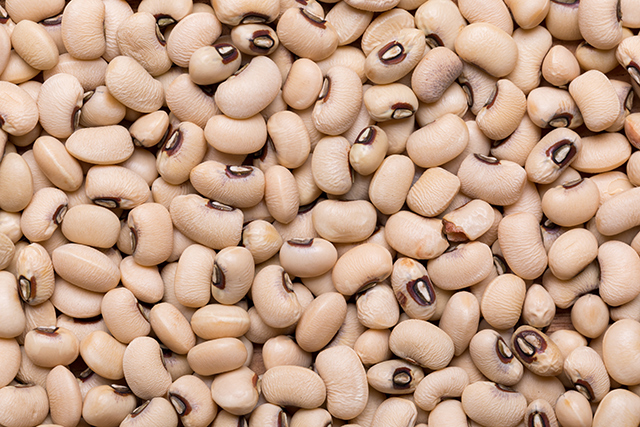
When SHTF, you might not have access to food and clean water for days or even weeks. By taking the time now to store emergency food and water supplies, you can provide for your entire family even in a crisis.
Here's everything you need to know about food and water and how they fit into your prepping plans. (h/t to TheSimplePrepper.com)
The importance of food and water for survival
Having a well-stocked refrigerator, freezer and pantry is a blessing in the best and worst of times. It can help you weather any crisis without worrying about how to feed yourself and your family.
Ideally, your emergency stockpile should have nutritious foods that fuel your body so you can easily handle key survival tasks. As you stock food, take into account your family's unique needs and tastes. Familiar foods are important as they lift morale and give a feeling of security in times of stress. Include foods that you and your family will enjoy and that are also high in calories and nutrients. Foods that require no refrigeration or cooking are the best items to store.
Family members with special diets and allergies will need particular attention, as will babies and the elderly. Nursing mothers may also need liquid formula in case they are unable to nurse. Don't forget to store dry pet food for your pets.
Following a disaster, clean drinking water might not be available. Your regular water source might be cut off or worse, become contaminated. Humans can only live for a few days without water, which is why it's important to build a supply of clean drinking water that will meet your family's needs during an emergency.
A good rule of thumb is to store at least one gallon of water per person per day for several days for drinking and sanitation purposes. Tweak this depending on you and your family members' physical condition. Naturally, an active person would drink much more water than someone who hardly exercises.
Tips for stockpiling food and water
Improperly stored foods will go bad quickly, even if they're supposed to be non-perishable or shelf-stable. Here are some tips for stockpiling food:
- Keep food in a dry, cool and dark spot.
- Open food boxes and other resealable containers carefully so that you can close them after each use.
- Wrap crackers, cookies and similar foods in plastic bags and keep them in sealed containers.
- Empty open packages of sugar, dried fruits and nuts into airtight canisters to protect them from pests.
- Inspect all foods for signs of spoilage before use.
- Throw out canned goods that have become swollen, dented or corroded. Throw out leaking ones as well.
- Place new supplies at the back of your stockpile and older ones in front.
- Take note of "best-by" and "use-by" dates.
- Stock up on versatile ingredients, such as herbs, spices and canned vegetables.
- Only stock up on foods you will actually eat.
As a prepper, you should have a minimum of two weeks' worth of food on hand at all times. Since canned foods will make up the majority of your stockpile, make sure you have a manual can opener.
When it comes to water, here are a few tips to keep in mind:
- Store at least a two-week supply of water for each member of your family. If you are unable to store this quantity, try to store as much as you can.
- To prepare the safest and most reliable emergency supply of water, it's recommended that you get bottled water. Keep bottled water in its original container, and do not open until you need to use it.
- If you are preparing your own containers of water, make sure to use food-grade containers. Never reuse containers that were once used to hold cleaning products, gasoline and similarly inedible supplies, even if they have been cleaned.
If your supplies run low, don't ration water. Drink what you need today and just try to find more for tomorrow. Don't forget to include a water filter in your stockpile in case you need to haul water. (Related: How to make your own homemade water filter.)
Having food and water on hand will increase your chance of survival when SHTF. Follow the tips above when preparing your food and water stockpile. Make sure to rotate your supplies to avoid spoilage.
Learn more about stockpiling food and water for survival at Preparedness.news.
Sources include:
Please contact us for more information.





















